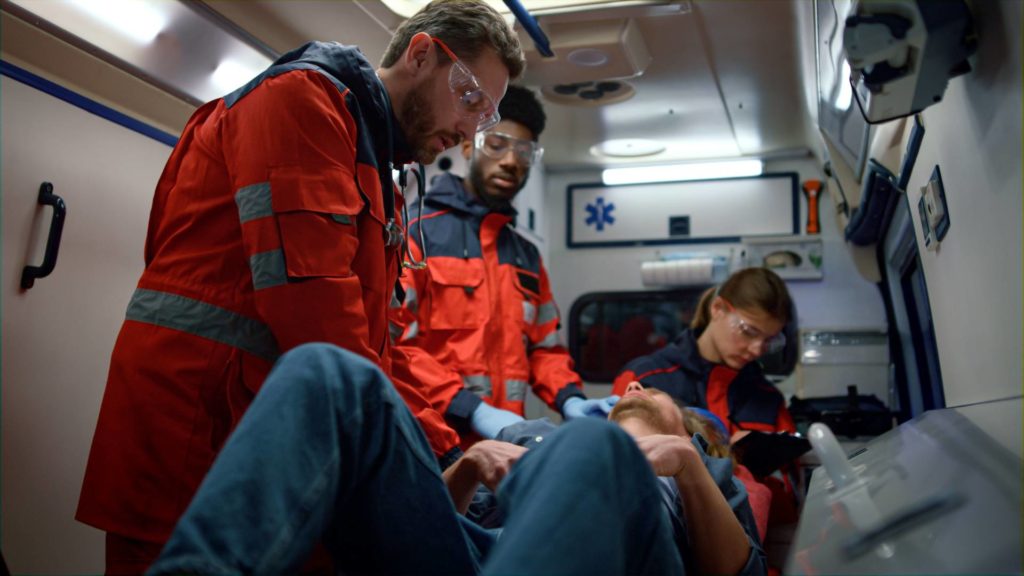
Despite our best efforts, things don’t always work out exactly as we had hoped 100 percent of the time. That’s especially true in the field of emergency response. Learning to process failure is a very important skill to have as an EMS professional, because if we can’t learn and grow from failures, future patients will be worse off.
The same can be said for the average individual. It’s essential to learn how to process and move forward after something doesn’t go our way. In today’s blog, we share some tips that our EMS team uses to help process failures and difficult scenarios so that you can better handle hard situations in the future.
Learning To Deal With Failure
When we talk about failure, realize that we’re not using the term synonymously with a mistake. In life and in emergency response, you can do everything right and still end up wishing that things had ended differently. Sometimes there’s nothing you can do to change the outcome, and even if there was, you need to be able to manage the feelings that develop in these situations so that guilt and other emotions don’t overwhelm you. Here’s how EMS professionals learn to deal with failure.
1. Communicate – Expressing your feelings and your thoughts to a listening ear can do wonders for your mental health and your ability to move on. EMS personnel work in tight knit units, and oftentimes they end up processing failures together. Talking with one another can help both parties put the failure behind them, but they also find other outlets to talk about their experiences and feelings. Talking with a spouse, a loved one, a friend or even a therapist can help you process your feelings and move forward in a healthy headspace.
2. Exercise – What is good for the body is good for the mind, and having healthy physical habits can also help you deal with the mental or emotional burden of a situation that turned out differently than you had hoped. Exercise releases endorphins and other chemicals in our brain that can calm feelings of anxiety or stress. Stay active, and you’ll find that it’s easier to process grief and failure.
3. Mind Your Diet – Some people turn to food to comfort themselves after a stressful situation, and while a healthy diet can give you the energy to exercise, a poor diet can only make it harder to process negative emotions. Stress and anxiety can also shrink our appetites, but it’s important to give your body the vitamins and nutrients it needs to thrive. Pay attention to your diet when processing a hard situation.
4. Control What You Can Control – EMS professionals are taught to trust their instincts and focus on controlling only what they can control. Every so often we encounter situations where the outcome is out of our control, and in these moments EMS professionals are told to do two things:
- Rely on their training
- Control what they can control
If you trust your skills and you work to control only what you can control in a situation, then it’s easier to accept the result of the situation because you did all you could. That failure doesn’t fall on your shoulders if you worked hard to manage what you could control. Take stock of what’s out of your control and reconcile with the fact that some failures are out of your hands.
5. Take Something Away – Finally, failures become much easier to handle when you learn to take something positive away from the incident. And while it may seem difficult to take something positive away from a fatal car accident or a deadly cardiac event, there are always ways to become a better EMS provider. Whether that’s helping a family member cope with the accident or practicing their skills so that they are ready for the next call, there are always ways to become better because of our failures. Learn to take something positive away from a situation, and failure will be less of a burden.
Working as an EMT means learning to live with and succeed in the face of failure. If you’re interested in becoming a member of our team and making the world a better place, give our team a call today at (920) 727-3020.
Leave a Reply